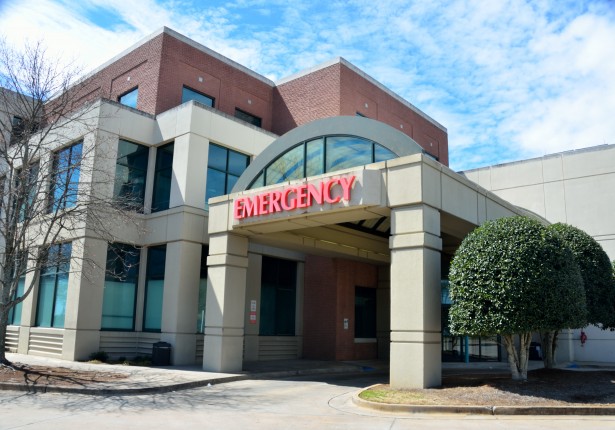It’s a question many people have faced: should you go to the emergency room or seek minor medical care for a health issue? In this article, we’ll explore the key differences between emergency care and minor medical care, such as those offered at our Harlingen, TX clinic. By the end of this guide, you’ll know exactly when to head to the emergency room and when to seek Harlingen medical care for less severe health concerns.
The Difference Between Emergency Care and Harlingen TX Minor Medical Care
Understanding the differences between emergency care and minor medical care is crucial when deciding where to seek treatment.
Emergency Care
Emergency care is reserved for life-threatening or potentially life-threatening conditions, including:
Chest pain or difficulty breathing
Severe head injuries
Uncontrolled bleeding
Poisoning or exposure to hazardous substances
Seizures lasting longer than five minutes
Severe burns
Signs of meningitis
Harlingen TX Minor Medical Care
On the other hand, minor medical care is intended for non-life-threatening conditions that require prompt attention but can be treated at a primary care facility. These include:
Colds, flu, and minor infections
Earaches and sore throats
Sprains, strains, and minor fractures
Minor cuts and burns
Allergies and asthma
When to Seek Emergency Care
In general, you should seek emergency care if you or a loved one is experiencing any of the following symptoms or conditions:
Severe Pain or Uncontrolled Bleeding
If you’re experiencing severe pain, particularly in the chest, abdomen, or head, it could be a sign of a serious health issue. Similarly, uncontrolled bleeding from an injury may require emergency medical intervention.
Signs of a Stroke or Heart Attack
Symptoms of a stroke include sudden numbness or weakness on one side of the body, severe headache, confusion, and trouble speaking or understanding speech. If you suspect a heart attack, look for chest pain, shortness of breath, nausea, and lightheadedness. Both conditions require immediate emergency care.
Major Trauma or Injury
If you’ve suffered a major injury, such as a severe head injury, deep wounds, or broken bones that protrude through the skin, head to the emergency room as soon as possible.
When to Choose Harlingen TX Minor Medical Care
For less severe health concerns, it’s best to seek minor medical care, such as the services provided at our Harlingen medical care facility. Here are some examples of when to opt for minor medical care:
Common Illnesses and Infections
For common ailments like colds, flu, ear infections, or sinus infections, it’s best to visit a primary care provider. They can assess your symptoms, provide a diagnosis, and prescribe any necessary medications.
Routine Check-ups and Vaccinations
Primary care facilities like our Harlingen medical care clinic are ideal for routine check-ups, vaccinations, and preventative care. These visits help ensure that you and your family stay healthy and up-to-date on recommended vaccinations.
Management of Chronic Conditions
Primary care providers can help manage chronic conditions, such as diabetes, asthma, or high blood pressure, and coordinate care with specialists as needed.
Conclusion
Knowing when to head to the emergency room and when to seek Harlingen TX minor medical care is crucial for ensuring you receive the appropriate level of care for your health concern. Remember to choose emergency care for life-threatening or potentially life-threatening situations, and opt for minor medical care for less severe health issues. By making informed decisions about your healthcare, you can help ensure that you and your family receive the most appropriate care possible and avoid unnecessary trips to the emergency room.









